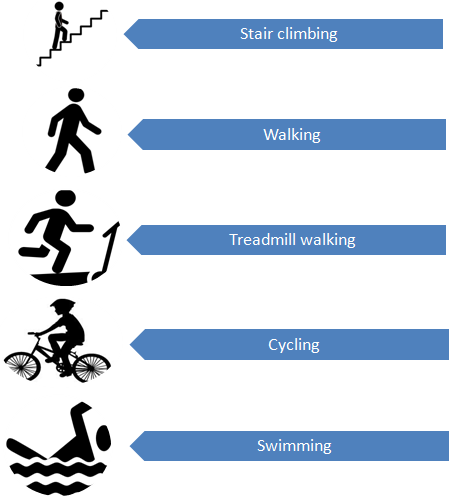A routine medical examination is something we all need to have every year after the age of 40. This is the only way to catch cardiovascular risk factors early and take preventive measures before heart disease strikes. But there are so many different health check packages available that most people are confused as to which tests to go for. If you’d like to get some clarity on this, do take a few minutes to read this post.
- Health-related behavior
It is imperative to know if you’re eating a balanced diet, exercising adequately, sleeping well, keeping away from tobacco products and excessive alcohol and are free from psychosocial problems like chronic stress, anxiety and depression. Since assessment of these behavioral aspects has to be done objectively and without bias, it is best left to your healthcare professional.
- Simple but vital numbers
Some things are very easy to keep track of: your weight, your body mass index, your waist and hip circumferences, your breath rate, heart rate and your blood pressure. It will take you less than 5 minutes to measure and note down all these simple but salient markers of heart health. Blood pressure measurement can be done at home if you own a digital blood pressure monitor.
- Blood tests
Blood sugar and cholesterol levels should be measured empty stomach after an overnight fast. Hemoglobin level in the blood needs to be checked regularly as anemia (low blood hemoglobin) is a frequently missed but easily treatable cause of illness.
- Electrocardiogram
An electrocardiogram (ECG or EKG) is a non-invasive test whereby the electrical activity of the heart is studied while you lie down comfortably. Abnormal waveforms in the ECG are quite often the first clue to serious heart conditions. Your physician will be able to assess your health with all these parameters and will also request for some symptom-guided tests if necessary.
5. Symptom-guided tests
Let us say you have noted some difficulties in performing your daily activities or are experiencing joint pains or have frequent heartburns; then one or more special tests such as stress test (also called treadmill test, TMT) and echocardiogram may be needed to better understand your health status. An annual dental and eye examination is a must for all, even if there are no complaints.
Remember these 5 things when you’re due for your next health check. They go hand in hand to throw light on your heart health as well as your overall wellness. In addition to this, regular screening tests such as Pap smear and mammogram in women and PSA level (prostate specific antigen) in men is a must.
There are hormonal assays, vitamin D levels and bone scans, ultrasound scans, renal and liver function tests and several other panels of investigations, which are to be called for only when you have specific complaints. Getting them done on a routine basis is unwarranted.
At Cardiac Wellness Institute, prevention of cardiovascular disease is our primary goal. If you have any queries or concerns pertaining to your routine health check up, you may talk to us or email us (for contact details see www.cardiacwellnessinstitute.com).


